Region
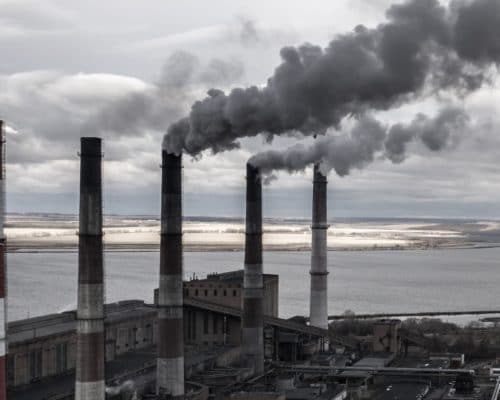
Japan’s Coal Obsession
Japan is one of the largest fossil fuel advocates. Its unwillingness to abandon fossil fuels is costly for all of Asia and the globe.
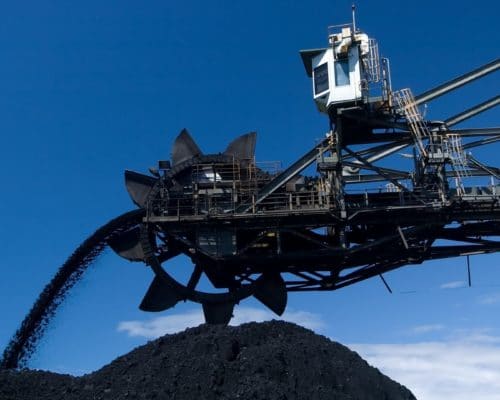
China’s Coal Imports Drop and the Imminent Effect on Coal Exporters
China's latest decision to reduce coal imports has shocked countries like Australia. Yet, aside from the challenges there are opportunities.

The Japan Net-Zero Commitments: Ambitious and Honest or Unrealistic and Hypocritical
Japan should be at the forefront of the clean energy transition. While the country has made multiple pledges, its actions and meaningful results are still lacking.
Debunking Net-Zero in Asia: Is It Even Possible?
Net-zero by 2050 in Asia is the desirable scenario, but, judging by the current progress,...
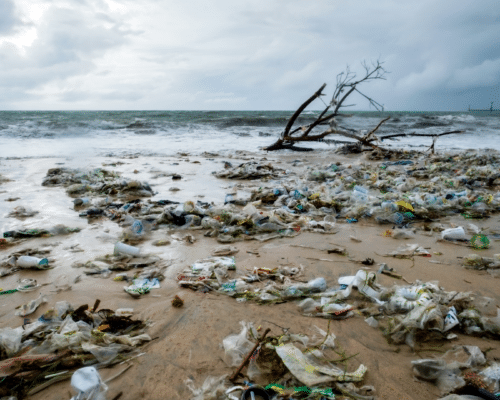
Plastic Pollution: Big Brands’ Greenwashing of Plastic Waste
A Reuters study suggests that less than 10% of all the plastic ever made has been recycled due to how costly it is to collect and sort it. However, plastic production will double within 20 years. While the problem comes from a single source, the consequences affect everyone.

The ARE Banking Report – How the Banks That Have Financed Emissions Can Change
Climate change will hit Asia the hardest, so local banks should act with urgency. However, Asian banks are lacking when it comes to their decision-making and sustainability policies.

The West Divests While Japan Continues Financing Russian Fossil Fuels
The Russia-Ukraine war is the latest example of Japan's dependence on fossil fuels. This time, however, not sanctioning oil and gas imports will bring on greater reputational risk for Japan and its corporate sector.
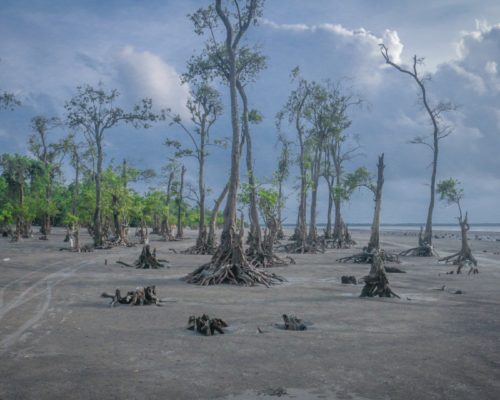
Top Impacts of Climate Change in Bangladesh
Bangladesh is at the forefront of climate change impacts. Over the last decade, it has seen some of the strongest storms on record, massive flooding, and exponential property losses.
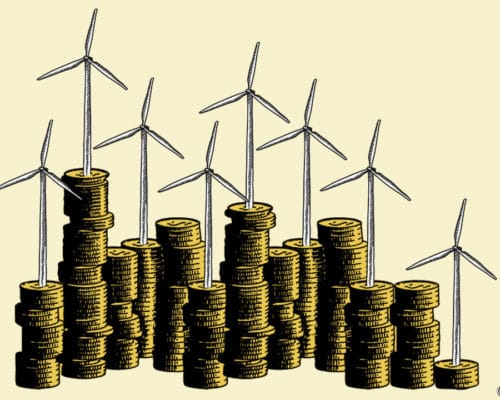
Is “Greenflation” behind Higher Global Energy Prices?
Greenflation is a real risk on the mind of many renewable energy experts and rising commodity prices could increase the cost of the energy transition.
LNG: The Rise of Liquefied Natural Gas
Liquid natural gas (LNG) is an energy-dense fossil fuel that produces fewer emissions than coal and oil. Many people see it as a "transition fuel" for the global energy transition causing an increase in demand over the past few years. We expect that the upcoming decade will be pivotal in defining LNG's role in the world's future energy mix.
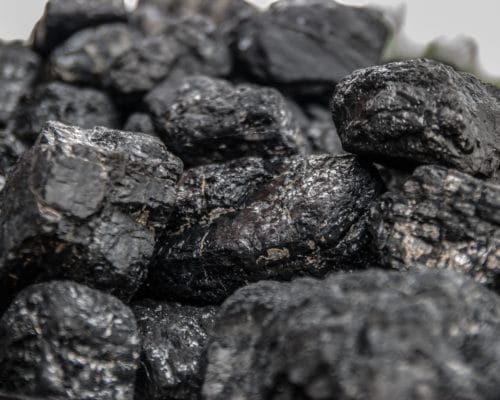
The Risks From JICA’s Involvement in the Matarbari Power Plant Project of Bangladesh
Should JICA decide to move ahead with the Matarbari Power Plant Project, it will expose itself and Japan to massive reputational and financial risks.

The Future of Energy Transition Under S. Korea’s New President Yoon Suk-Yeol
President-elect Yoon Suk-yeol appears to be a wild card for South Korea's energy transition. On the one hand, he has blatantly stated that it is impossible to reach 100% renewable energy by 2050. On the other hand, he believes the country should strengthen its current renewable energy target for 2030. So where is South Korea headed for in the clean energy transition?

Singapore LNG Hub for Asia: What are the Plans?
Singapore has historically been a hub for petroleum in Asia, acting as a market between the east and the west. With LNG demand surging, they are hoping to play the same role for LNG.

Natural Gas in Bangladesh – Record High Prices and Imminent Climate Impacts
2021 saw record spot pricing for LNG around the world, and Bangladesh took the brunt of these costs. To prevent future impacts from price volatility, Bangladesh and other Asian nations are looking at developing local LNG infrastructure. However, considering the recent IPCC report, Bangladesh needs to rethink its approach to natural gas.
Most Popular
Categories
-
10
-
35
-
126
-
4
-
17
-
46
-
52
-
11
-
10
-
15
-
24
-
6
-
1
-
5
-
6
-
284
-
200
-
17
-
24
-
1
-
1
-
23
-
41
-
44
-
88
-
18
-
86
-
41
-
17
-
11
-
43
-
54
-
86
-
299
-
22
-
44
-
36
-
11
-
42
-
36
